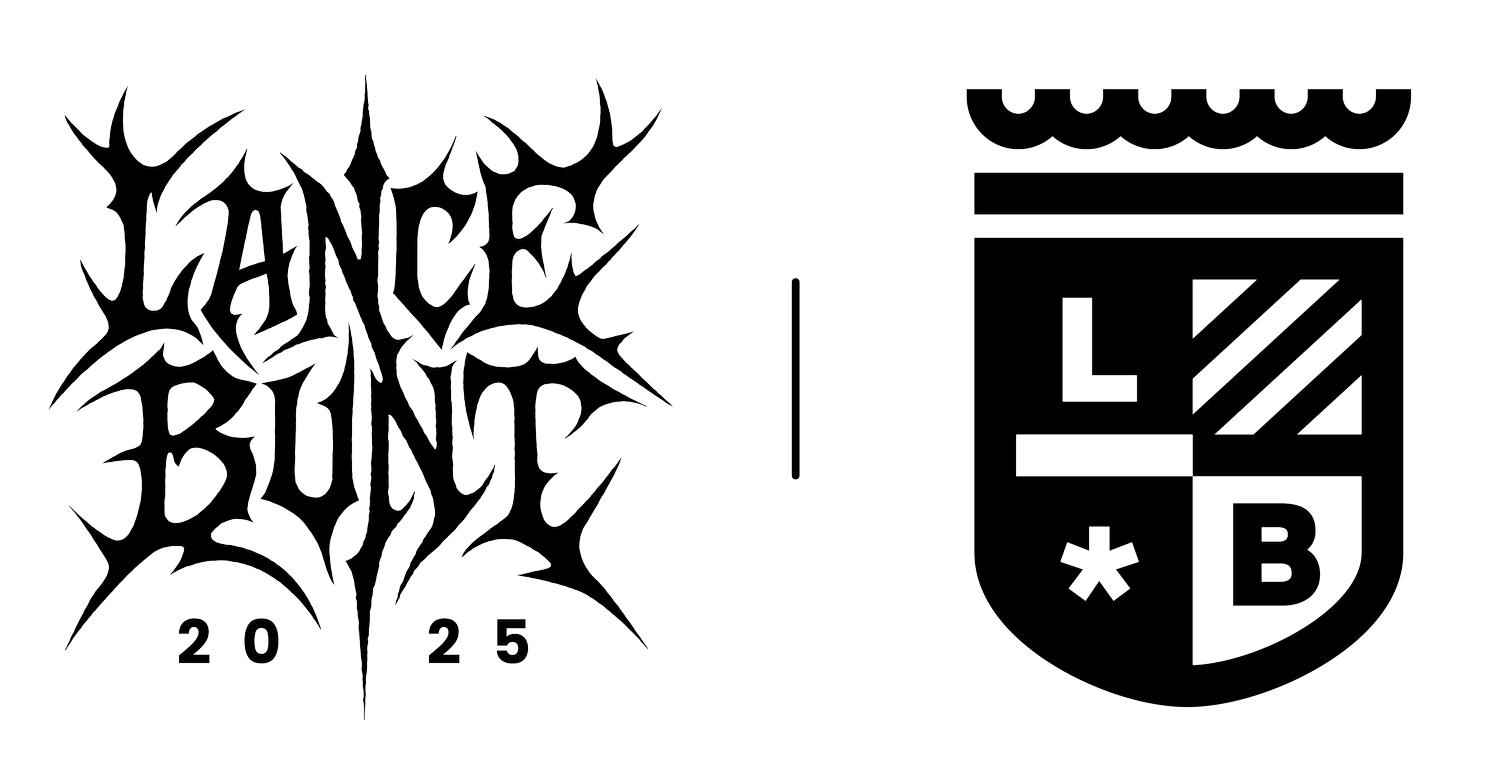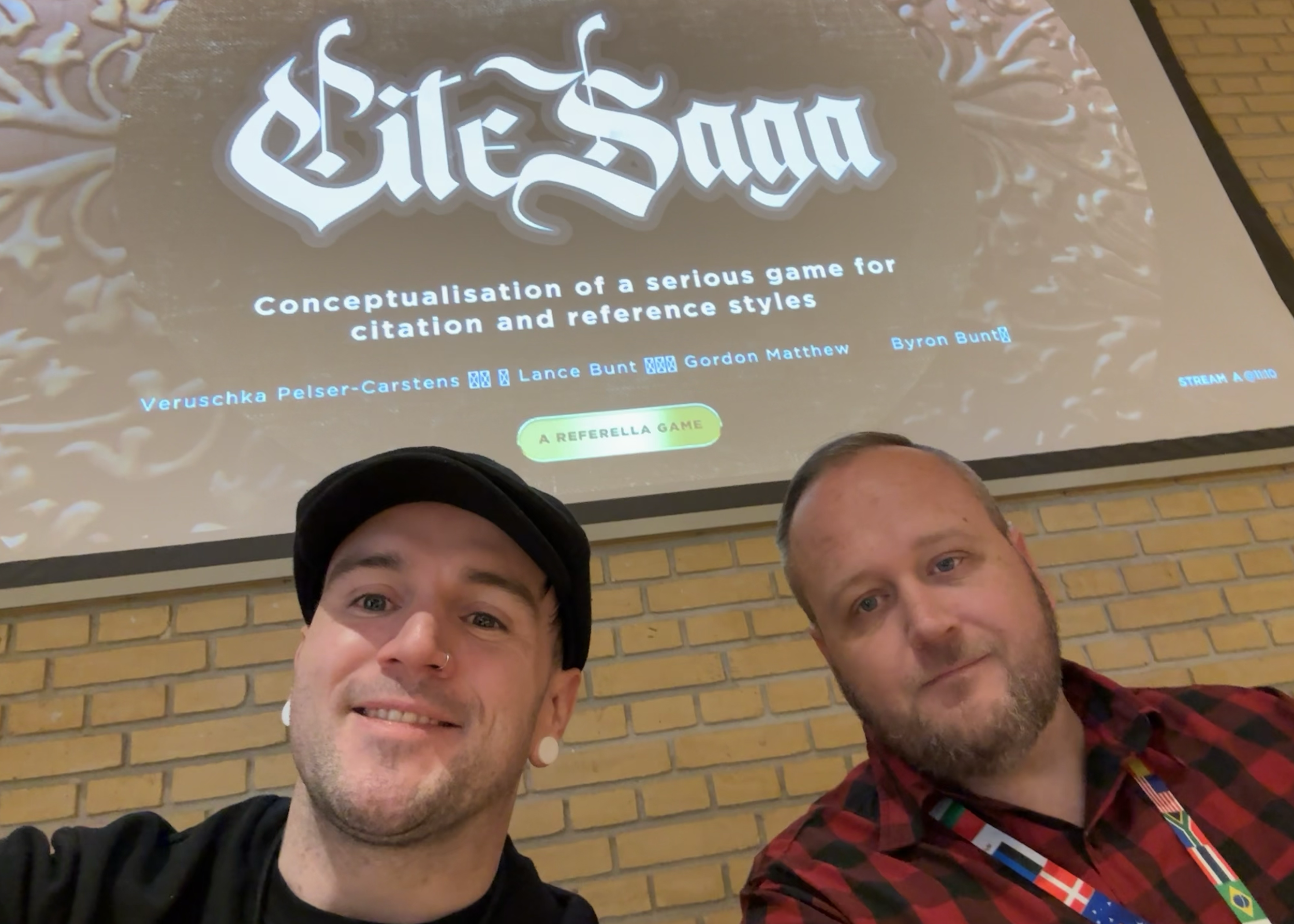EUROPEAN CONFERENCE ON GAME-BASED LEARNING - ECGBL (2024)
From October 1 to 5, 2024, I had the privilege of traveling to the University of Aarhus in Denmark, where I presented two papers at the European Conference on Games-Based Learning (ECGBL). The first paper, titled "CiteSaga: Conceptualisation of a Serious Game for Citation and Reference Styles," explored the development of a board game designed to engage students in learning proper citation techniques. This project was driven by the need to address the challenges students face with academic integrity and the complexities of referencing in various disciplines.
The second paper, "Play with Purpose: A Heuristic Approach to Evaluating Tabletop Serious Games for Academic Integrity Education," focused on evaluating the educational impact of tabletop games in reinforcing principles of academic integrity. Through our heuristic framework, we examined how these games can transform traditional teaching methods by making learning experiences interactive and more engaging.
In addition to these presentations, my co-authors and I also showcased a poster at the conference, highlighting our research journey and collaborative efforts. This experience at Aarhus University was invaluable, offering us an opportunity to engage with fellow researchers, exchange ideas, and discuss the future of game-based learning in education.
Reflection
Reflecting on my time at ECGBL, I was truly inspired by the passion and innovation displayed by game designers and educators alike. Networking with fellow game-based and game-enhanced learning enthusiasts was one of the highlights of the trip. I gained insights into acumenous game-based learning strategies and realized that wicked problems require equally wicked ideas and partnerships. The importance of recombinant collaboration became clear to me—different stakeholders and interest groups coming together to achieve a shared vision in educational innovation.
A key takeaway from the discussions was that AI, far from replacing human creativity, actually removes friction in the development process, allowing us to focus more on being innovative. I also learned that successful game-based learning initiatives often require multiple games to address different subject areas effectively, emphasizing that learning itself drives motivation, not the other way around.
The concept of mechanism design, a kind of reverse game theory that strategically guides players towards desired outcomes, fascinated me. I was also introduced to the ideas of organismic computing, where systems evolve and adapt in response to user interaction, and citizen science, which harnesses collective problem-solving by setting an initial state and goal and letting the participants fill in the gaps. This holistic approach to problem-solving highlights the power of collaborative efforts in addressing complex challenges.
The conference was a true learning experience, and I left with a renewed sense of purpose, armed with fresh perspectives and ideas to incorporate into my future game-based learning projects.





